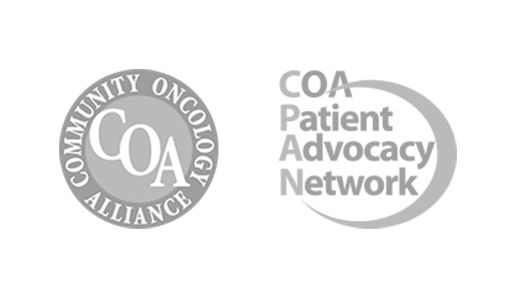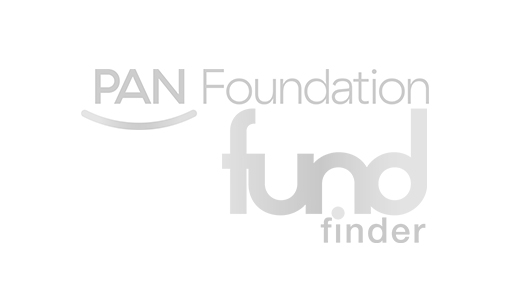Did you know that family counselors can help patients develop healthy boundaries and improve communication?
The journey through cancer treatment is a challenging and complex one. It often involves physical, emotional, and psychological hurdles. These difficulties can strain family relationships and dynamics.
In such difficult times, family counseling can be a beacon of hope. It will provide a supportive environment to help families navigate the stormy waters of a cancer diagnosis.
To make things easier for you, we have written a family therapy guide. Keep reading if you want to find out more.
What Is Family Counseling?
Family counseling for cancer patients is a specialized form of therapy.
It focuses on addressing emotional, psychological, and relational challenges. These issues often arise within a family unit following a cancer diagnosis.
This type of counseling aims to provide a supportive environment. Patients and their loved ones can express their feelings and concerns.
Cancer patients will also have the chance to talk about fears related to the illness and its impact on their lives.
Emotional Support
Emotional support is a fundamental component of the healing process. This is especially true in cases of severe illnesses like cervical cancer.
Family counseling offers a nurturing environment. Family members can openly express their emotions. Counselors will also offer the guidance they need to cope with challenges.
The unique circumstances surrounding a cancer diagnosis often evoke a myriad of emotions. This might include fear, sadness, anger, and helplessness.
By engaging in family counseling, patients and their loved ones gain access to a safe space to process these feelings. This will help them to better understand each other’s perspectives.
This shared experience not only helps alleviate emotional distress. It also fosters empathy. This has the potential to strengthen family bonds.
Furthermore, family counseling promotes effective communication. It also encourages the development of healthy coping mechanisms. This is essential for navigating the emotional complexities of living with cancer.
Developing Coping Strategies
The process of developing coping strategies often involves understanding the various aspects of the diagnosis. This could include the implications of digital imaging results.
This can be overwhelming for patients and their families. Family counselors are skilled at breaking down complex information. They also know how to facilitate discussions.
The aim of doing this is to help each family member gain a better understanding of the situation.
Family counselors help patients and families use healthy coping mechanisms. These strategies may include stress management techniques.
Some counselors will also share mindfulness practices. The counselor will also work with the family to establish a support system. The goal of doing this is to make sure that everyone’s emotional needs are met.
Moreover, family counseling creates a space for participants to share their thoughts and feelings. This helps foster empathy. It will also promote stronger bonds between family members.
Managing Conflict
Family counselors possess the expertise to address disputes. This means that they know how to facilitate effective communication.
Here are several reasons why people often seek the help of a family counselor for this purpose.
Neutral Third Party
A family counselor serves as an unbiased mediator. She or he will create a safe and non-judgmental environment. This neutral perspective encourages open and honest communication. This is critical for resolving conflicts.
Improved Communication
By teaching effective communication techniques, a family counselor can help family members better understand one another’s perspectives. This will reduce the likelihood of future conflicts.
Conflict Resolution Skills
Family counselors are trained in teaching conflict resolution skills. This can be instrumental in resolving current disputes. You can also use these skills to prevent future disagreements.
These skills include active listening, assertiveness, and compromise.
Personal Growth
Engaging in family counseling for conflict resolution can also inspire personal growth. This is because it encourages individuals to reflect on their roles.
This self-examination can foster positive change. It will also strengthen relationships within the family.
Grief and Loss
Family counseling can play an instrumental role in helping both the cancer patient and their family members. A counselor can help them work through profound emotions.
Grieving is a natural response to the various forms of loss that can occur during the cancer journey. This includes the loss of good health and physical abilities. It could also include the eventual loss of the patient.
Navigating grief and loss is a complex and individual process. The grief process will be unique for every family member.
A skilled family counselor can help guide the family through the different stages of grief. She or he will provide them with tools to manage their emotions.
They can also help identify any unhealthy coping mechanisms. This sometimes includes denial or avoidance. Counselors will help family members find healthier ways to confront their feelings.
Family counseling can help address feelings of guilt, anger, and resentment. These emotions might arise during the grieving process.
These emotions can be especially challenging to navigate. They may lead to further conflicts within the family. A family counselor can help the family process these difficult emotions.
She or he can also help them find a path toward healing.
Furthermore, family counseling can provide a safe space for family members to discuss their fears related to the future.
This might involve talking about the potential for relapse. Addressing these concerns can help reduce anxiety. It will also promote emotional well-being.
Why People Seek Family Counseling
There are many reasons why people seek family counseling. Family counselors can help cancer patients and their families process difficult emotions.
Family counseling can also help family members to manage conflict. Lastly, people work with family counselors when they need help to work through grief and loss.
Are you ready to work with a family counselor? If so, we can help you. Don’t hesitate to contact us to get started today!






